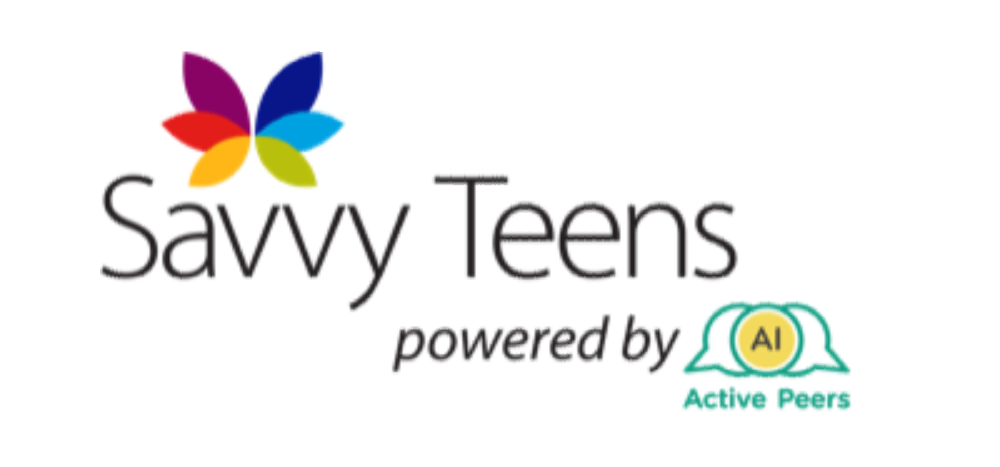Guest Speaker's Guide: Answering Student Questions about Careers in STEM
As a guest speaker addressing students about careers in STEM (Science, Technology, Engineering, and Mathematics), you have the opportunity to inspire and provide valuable insights. Students are often curious about various aspects of STEM careers and seek guidance from professionals who have firsthand experience. In this blog post, we will explore typical questions asked by students and provide tips to help you effectively answer these questions.
1. What is the hardest part of your job?
Tip: When answering this question, be honest about the challenges you face. Highlight specific aspects of your job that require problem-solving, adaptability, or resilience. Discuss how you overcome these challenges and emphasise the personal growth and satisfaction that can be derived from overcoming obstacles in your field.
2. What inspired you to go down this career path?
Tip: Share your personal story and the factors that influenced your decision. Explain how your passion for the subject matter, role models, educational experiences, or a desire to make a positive impact motivated you. By illustrating your own journey, you can inspire students to explore their interests and find their own sources of inspiration.
3. What part of your job would you say you enjoy the most?
Tip: Discuss the aspects of your job that bring you joy and fulfillment. Highlight opportunities for creativity, problem-solving, teamwork, or making a difference in the world. By sharing what you find rewarding, you can give students a glimpse into the potential joys they may experience in their future STEM careers.
4. Do you feel your job makes a difference in the world?
Tip: Emphasise the significance and impact of STEM careers on society. Provide examples of how your work contributes to advancements, improvements, or solutions that benefit individuals or communities. Illustrate the real-world implications of your field, whether it's in healthcare, technology, sustainability, or other areas.
5. When did you decide you wanted to work here?
Tip: Share the story of how you made the decision to work in your current organisation or field. Explain the factors that influenced your choice, such as the company's mission, values, culture, or opportunities for growth. Highlight any turning points or pivotal moments that led you to this decision.
6. Does your job keep up to date with modern technology?
Tip: Stress the importance of staying up-to-date with technological advancements in STEM careers. Discuss how your job requires continuous learning and professional development. Talk about the resources and opportunities available to you, such as workshops, conferences, or online courses. Showcase the commitment of your organisation to embracing new technologies.
7. Do you feel you have a sense of purpose in the job you do?
Tip: Reflect on the sense of purpose you derive from your work. Share the positive impact you believe your job has on individuals, society, or the environment. Discuss how your work aligns with your personal values and aspirations, and how it brings you a sense of fulfillment and meaning.
8. Do you like working with others in your job?
Tip: Be open about your preferences for collaboration and teamwork. Explain how working with others fosters creativity, innovation, and better outcomes. Share examples of successful collaborations and the benefits they bring. However, also acknowledge that different roles may require varying levels of collaboration, and highlight the importance of finding a balance that suits individual work styles.
9. What is your favourite thing about your job? Did you think you would end up working where you are now when you started? What was the biggest obstacle you had to overcome to get to where you are now?
Tip: Engage with the questions by sharing your personal experiences. Highlight your favourite aspects of your job and explain why they bring you satisfaction. Reflect on whether your current position was part of your initial plan and discuss any unexpected opportunities or career transitions you encountered. Describe a significant obstacle you overcame and the lessons you learned along the way.
As a guest speaker, your insights and experiences can inspire and guide students in their pursuit of STEM careers. By effectively answering their questions about the challenges, inspirations, joys, impact, and personal growth in your field, you can provide valuable guidance and help students make informed decisions about their future paths. Remember to be genuine, share personal stories, and emphasize the rewards and opportunities available in STEM careers.












